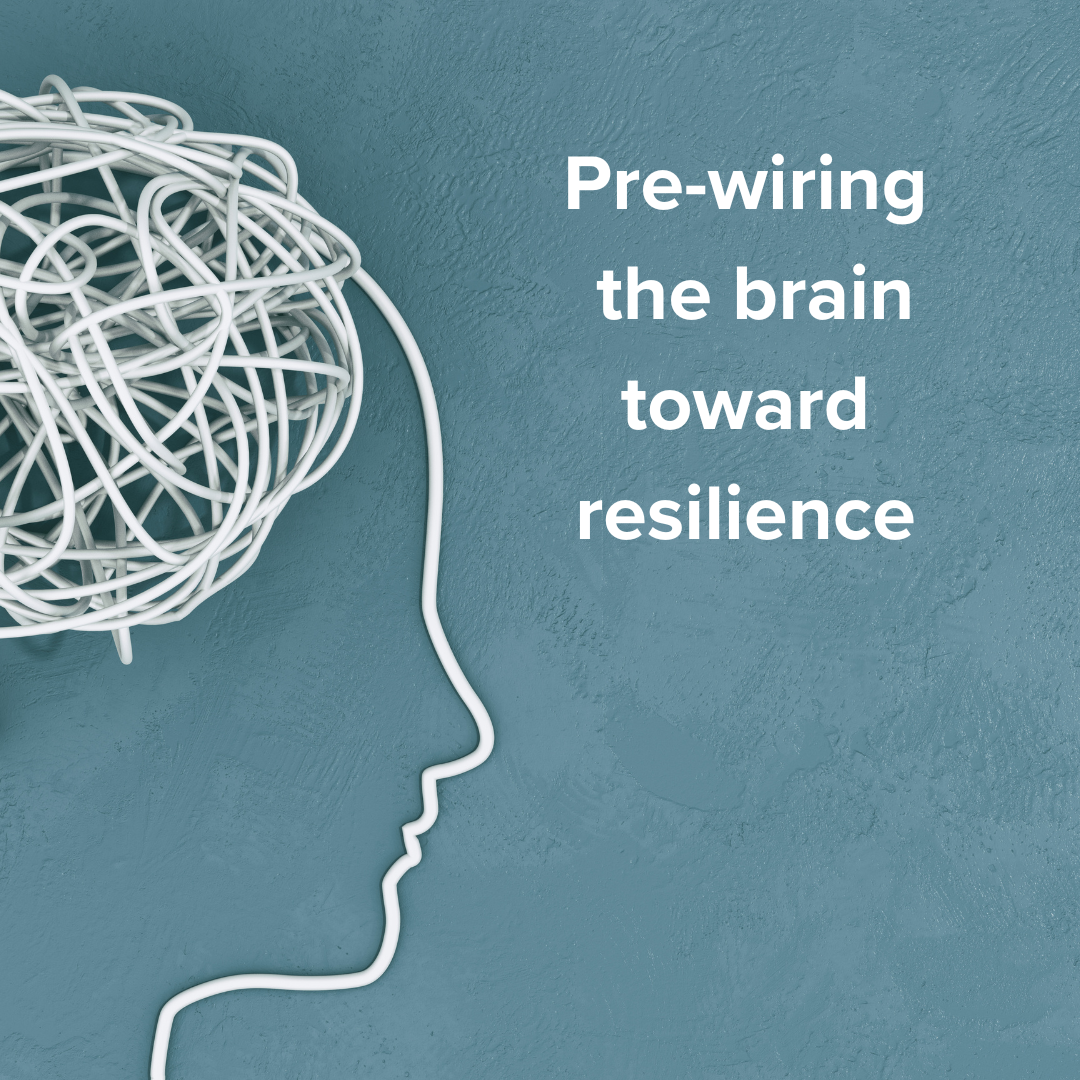Pre-wiring the Brain toward Resilience
Recently, after a workshop on mindfulness tools for tweens, a young participant approached me shyly and almost whispered, “Anxiety happens to me a lot.” It felt like a plea for help from an entire generation of young people.
When research began to clearly show that neuroplasticity (our brain’s ability to form new neural circuits and pathways) takes place throughout all of our lives, including adulthood, the news was celebrated. Previously, it was thought that the brain developed until the age of 25 (hence the rental car industry’s reluctance to put their cars in the hands of anyone younger!), and then it plateaued and ….. eventually began to degrade.
The adults all got very excited. How wonderful to know that our brains continue to develop and that we can play an active role in how they develop! So the exciting idea of “re-wiring the brain” - helping our brains create new, different pathways that lead to better habits, improved abilities or preferred states of mind - got most of the airtime and effort.
But kids are the ones who have the most to gain with a lifetime of brain wiring in front of them. And they also have so much to lose. Our brains are most malleable when we’re young. This is great news when we’re trying to learn how to dribble a basketball, or speak a language, or learn math. But the brain doesn’t differentiate between adaptive learning and mal-adaptive learning. The more times we jump rope, the easier jumping rope becomes. AND the more times we trace a path to a sense of doom (climate, school violence, peer comparison), the easier it is for us to feel anxious and depressed.
At CMP, we are excited about the prospect of “pre-wiring the brain”. Of helping kids play an active role in wiring their brains for a lifetime of mental and physical health. This is why Community Mindfulness Project partners with schools, working with the adults in the buildings, as well as with the kids, sharing science-based tools to help them create neural pathways to resilience, agency, and self-compassion. And it’s why we think neuroscience and basic facts about the brain should be added to school curriculums from a very young age. Knowledge is power. When we know how to take care of ourselves we are more able to do just that.
If you are a parent or an adult who works with kids and would like to learn more about how to share neuroscience and mindfulness tools with children, please reach out to us. And if you’d like to support our work, your donation will go to making sure that we can expand the number of kids and adults we reach this year.
With gratitude,
Erika Long
Co-Founder

